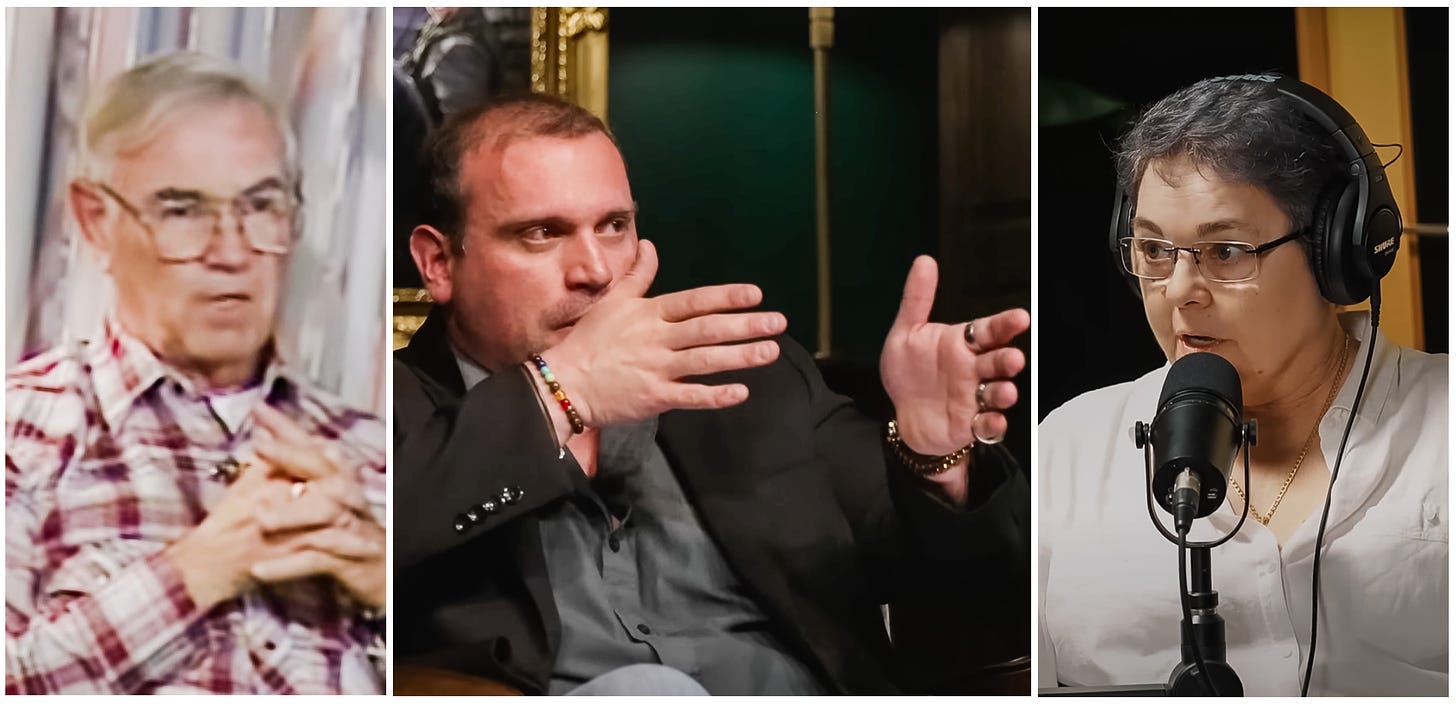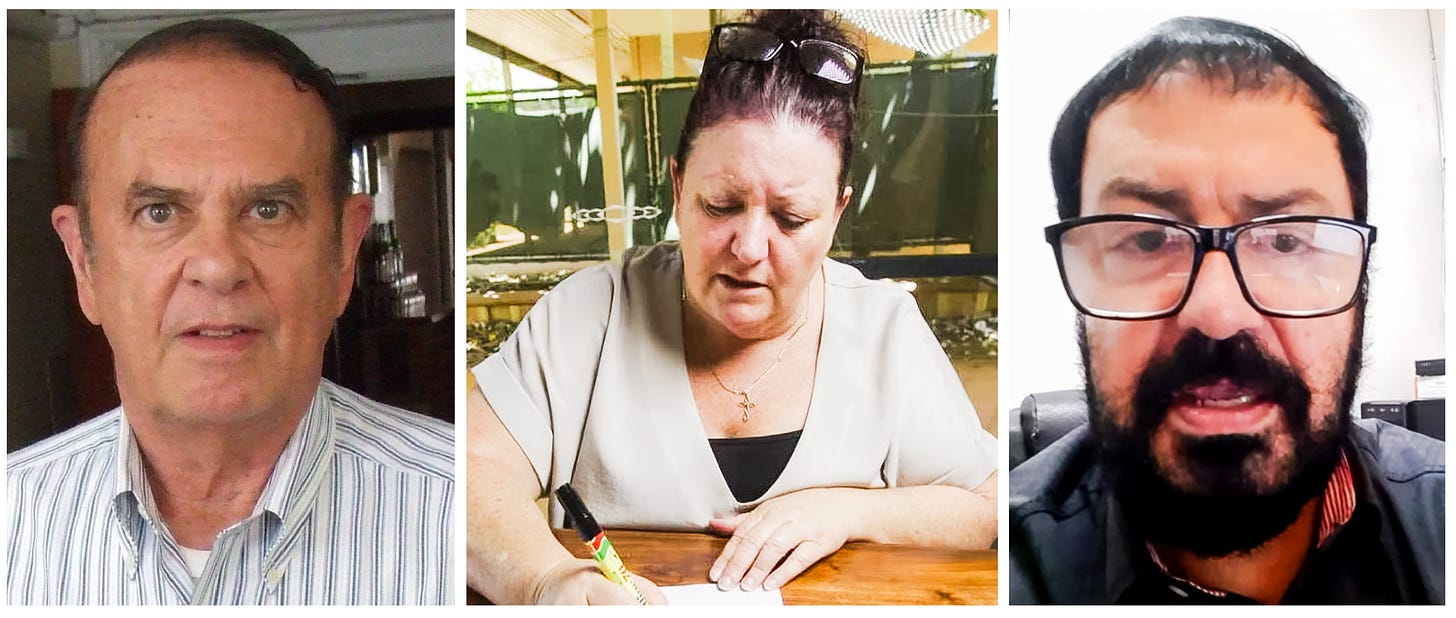Alleged Death Threats Against UFO Witnesses Should Make UAPs A Concern For Believers And Skeptics Alike
Whatever UFOs/UAPs are, we must end the rampant abuses of power by military, intelligence, and security agencies

Many Americans, including many Public subscribers, believe that unidentified flying objects (UFOs), a.k.a. “unidentified anomalous phenomena (UAPs),” are, at best, a distraction from more important issues and, at worst, disinformation. They point out that abuses of power are rampant across major societal institutions, from the White House and Congress to the news media and scientific journals. Many fear that rising mania over whether the Pentagon is hiding alien spacecraft is taking oxygen and energy away from dealing with more serious problems.
At the same time, the latest controversy over UAPs has to do centrally with abuses of power, whatever you think UAPs are. Last Friday, a bipartisan group of Congresspersons said an Air Force general denied them access to information about UAPs. “We were blocked not only by the Pentagon but by the Department of the Air Force from seeing information, talking to witnesses,” said Rep. Paulina Luna (R-FL), an Air Force veteran. “The numerous roadblocks lead me to believe they are indeed hiding information.”
Of course, just because the Pentagon keeps secrets does not mean it is hiding alien spacecraft. It could be that the Air Force general in question was unprepared to deal with members of Congress, particularly one who has flirted with one of the most bizarre UFO conspiracy theories in a field characterized by conspiracy theories.
At the same time, there is a growing body of evidence that some inside and outside the government are afraid to speak publicly for fear of retaliation. Last month, senior US government officials or contractors with high levels of security clearance were too frightened to allow Public to reveal their identities when discussing UAPs.
In an interview with The New York Times, reporter Leslie Kean said a military intelligence whistleblower, David Grusch, told her that people had threatened him. “The [Washington] Post was very interested in the story,” she said, but “he was starting to get threatening phone calls, and he became — we were worried about his safety…. And he [had] already faced retaliations and all kinds of things as a result of coming forward.”
And Grusch is not alone. “We’re trying to gather as much of that information as we can,” said Sen. Marco Rubio (R-FL) last month. But, he added, ”A lot of them are very fearful of their jobs…fearful of harm coming to them.”
Now, Public has compiled 75 years’ worth of testimony from UAP witnesses, civilians, and military personnel who say they have been threatened with death, or other forms of punishment, for speaking out publicly about what they have seen.
This pattern of alleged threats across so many decades should be of concern even to those skeptical of the UAP phenomenon. If the witnesses and whistleblowers are reporting secret US government weapons programs, for example, or are even suffering from some selective form of psychosis or a social contagion, they should not be victims of death threats.
What’s more, there is at least one whistleblower who claims to have issued threats to UAP witnesses. Retired U.S. Air Force Master Sergeant, Daniel Morris, reported that the National Reconnaissance Office (NRO) recruited him after he served in Air Force Intelligence.
“I would go interview people who claimed they had seen something and try to convince them they hadn’t seen something or that they were hallucinating,” Morris said. “If that didn’t work, another team would come in and give all the threats, and threaten them and their family … And they would be in charge of discrediting them, making them look foolish … Now if that didn’t work, then there was another team that put an end to that problem, one way or another.”
It is illegal, not just unethical, to threaten someone with death. “A criminal threat occurs when someone threatens to kill or physically harm someone else,” notes Nolo, a nonprofit legal aid society. “In some states, this crime might be referred to as terroristic threats, threats of violence, malicious harassment, menacing, or another term…. Making criminal threats comes with serious consequences, even if you didn't plan to carry out the threat.”
Most people would not report such a threat without good reason, given that doing so effectively accuses powerful people of committing a crime. Congress and the public should thus take seriously the evidence of death threats, regardless of their attitude toward UAPs.








